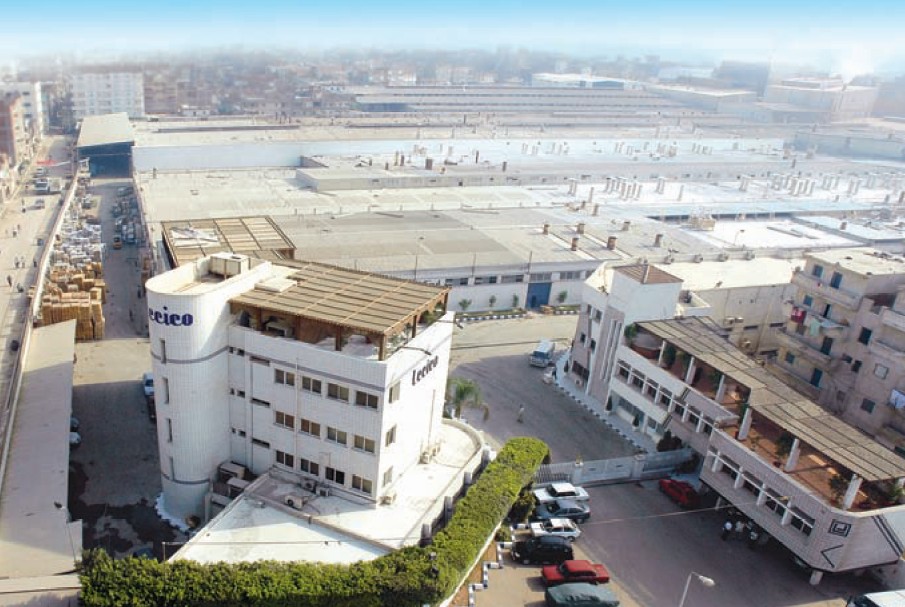Bolloré seeks to develop transit mechanisms in Suez Canal
Bolloré plans to expand in Africa, as transferring goods from Egypt to…
HC predicts decline in current account balance to 4.7% of GDP in FY 2015/2016
HC believes that the EGP needs to be depreciated to gain competitiveness…
Al-Sisi meets British companies, experts during visit to UK
BP intends to pump investments of $3bn in gas field discovery over…
WorldRemit launches money transfers to Egypt via mobile
WorldRemit currently enables more than 300,000 transactions per month and is available…
Egypt needs internet regulations to develop mobile banking policy: Bankers
ATM users were at 5% before 25 January 2011, but now reached…
EECA to hold 6 expos until mid-December
Ministry aims to entrench marble and granite industry, says Minister of Industry
Al-Sisi approves establishing phosphate and fertiliser factories in Ain Sokhna
The cluster's production capacity amounts to 1m tonnes per year, says presidential…
Government allocates EGP 400m for industrial lands in FY 2015/2016: Qabil
Government offered 622 pieces of land to overcome problem of lack of…
On World Cities Day, 60% of buildings in Egypt are haphazardly built: Urban activist
Over 1.5 million Egyptians live in graves, and informal settlements reached 1221…
Investment fund to finance stalled factories in 2 weeks: Industry minister
Initial capital for fund at EGP 150m, programme to support exports studied,…








